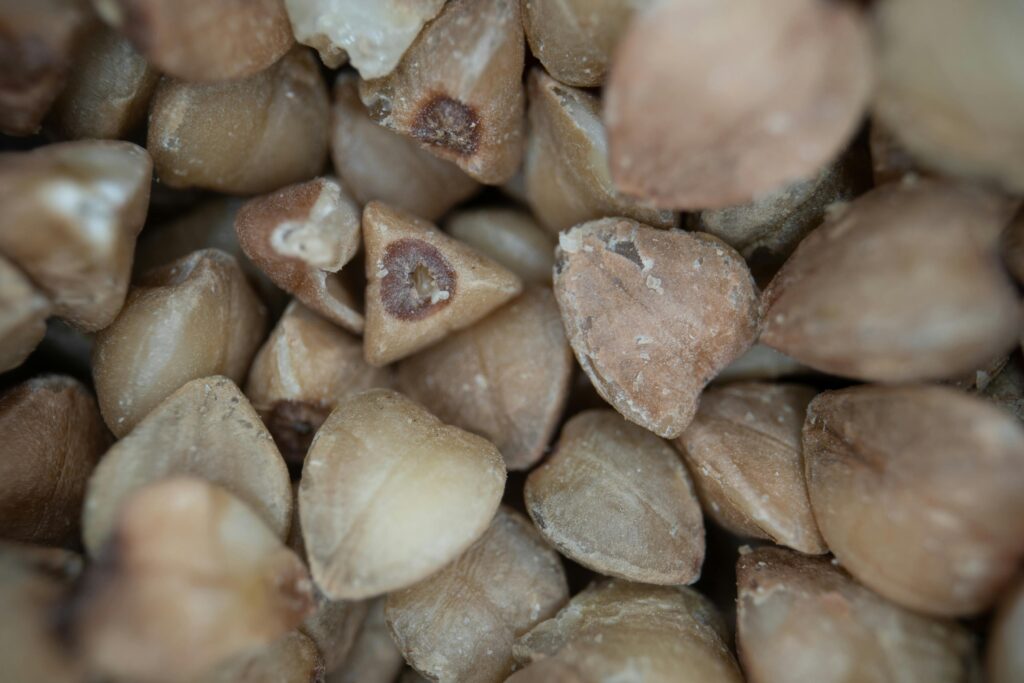In the age of almond lattes, dairy-free diets, and plant-based everything, it’s no surprise that pet owners are wondering: Can dogs drink almond milk? After all, if it’s good for humans, shouldn’t it be okay for our furry companions?
As with many things in pet care, the answer isn’t black and white. There’s no one-size-fits-all rule, and opinions can vary between veterinarians, pet owners, and even brands. This blog isn’t here to simply give you a yes or no. Instead, we’ll take a thoughtful, well-rounded look at the pros, the cons, and the context behind the question.
The Rise of Almond Milk: A Human Trend, A Canine Curiosity
Over the last ten years, almond milk has become a staple in many kitchens, gaining widespread appeal. Known for its smooth texture and lack of dairy, almond milk is frequently marketed as a more wholesome option for health-conscious consumers. Whether poured over cereal or added to coffee, it’s become a staple in many households, and where humans go, dogs often follow.
So it’s natural to wonder: If it’s good enough for me, can I share it with my dog?
That question opens up a bigger conversation about how we think about pet food, nutrition trends, and where to draw the line between human diets and canine health.
What’s Actually in Almond Milk?
Before we dive into whether dogs can or should drink almond milk, it helps to understand what’s in it.
At its core, almond milk is made from:
- Ground almonds
- Water
However, commercial almond milk often contains:
- Sweeteners (sugar, honey, or worse—xylitol)
- Flavorings (vanilla, chocolate, etc.)
- Preservatives and stabilizers (like carrageenan)
- Added nutrients (like calcium and vitamin D)
This complexity is where things get tricky. The safety of almond milk for dogs really depends on what kind of almond milk you’re talking about.
The Case For Letting Dogs Have Almond Milk
Let’s explore the pro-almond milk perspective first. Some pet owners—and a few holistic veterinarians—believe that almond milk, in moderation, is a safe, occasional treat for dogs. Here’s their reasoning:
It’s Lactose-Free
Many dogs are lactose intolerant, meaning traditional cow’s milk can lead to upset stomachs. Almond milk offers a dairy-free alternative that avoids those issues.
It’s Low in Calories (Unsweetened Versions)
Compared to whole milk or cream, almond milk is relatively low in fat and calories, especially if it’s unsweetened and unflavored.
It Contains Nutrients
Some almond milks are fortified with vitamin E, D, and calcium—nutrients that support healthy skin, bones, and immune function. While dogs don’t need these from almond milk (they should get them from their regular food), it’s not inherently harmful in small doses.
The Case Against Giving Dogs Almond Milk
On the other hand, many veterinarians and canine nutrition experts urge caution—or even complete avoidance. Why?
The Xylitol Factor
This one’s a deal-breaker. Xylitol, a sugar substitute often used in low-calorie goods, can also be found in certain almond milk brands. It is highly toxic to dogs, causing rapid insulin release, hypoglycemia, liver damage, or death.
Even tiny amounts can be fatal.
It’s not a matter of “maybe”—xylitol and dogs do not mix. Always check labels thoroughly.
Added Sugars and Flavors
Even if xylitol isn’t present, many almond milks are sweetened with sugar or flavored with vanilla or chocolate. These additives can cause:
- Digestive upset
- Hyperactivity
- Weight gain
- Exposure to toxic substances (like chocolate)
Almonds = High in Fat
Although almond milk is watered down, the nuts it’s made from are naturally high in fat content. Too much fat in a dog’s diet can lead to pancreatitis, a painful and potentially serious condition.
It’s Not Necessary
From a nutritional standpoint, almond milk offers nothing that your dog can’t get from a complete and balanced diet. In other words, even the “good” versions of almond milk are nonessential—a novelty, not a need.
So, Who’s Right?
This is where things get interesting.
There’s no universal “yes” or “no” when it comes to almond milk for dogs—only context, caution, and common sense.
A well-informed pet owner might say:
“I’ve checked the label. It’s plain, unsweetened, and xylitol-free. I only give my dog a spoonful as a rare treat, and she tolerates it just fine.”
Another pet owner might reasonably say:
“I’d rather not risk it. My dog has a sensitive stomach, and there are safer treats out there.”
Both are valid. The right choice often depends on your dog’s size, breed, health history, and how carefully you read the label.

Guidelines for Safe Almond Milk Use
If you’re leaning toward trying almond milk with your dog, here are some best practices:
Do:
- Choose plain, unsweetened almond milk (check labels carefully)
- Make sure it contains NO xylitol
- Offer small amounts only (start with a teaspoon)
- Use it occasionally, not daily
- Monitor for any signs of sensitivity or reaction
Don’t:
- Give flavored varieties (vanilla, chocolate, hazelnut, etc.)
- Assume all almond milk is the same
- Use it as a replacement for water or meals
- Offer it to puppies or dogs with chronic digestive issues
Safer (and Smarter) Alternatives
If you want to treat your dog but feel unsure about almond milk, here are some dog-friendly options that are widely considered safe:
- 🦴 Bone broth – Nutrient-rich and soothing for digestion
- 🐐 Goat’s milk – Easier on the stomach and probiotic-rich
- 🍌 Frozen fruit puree – Blend bananas or berries and freeze them into cubes
- 💧 Water – Still the best and most essential beverage for dogs!
Final Thoughts: Beyond Yes or No
The conversation about almond milk for dogs reflects a broader reality in pet parenting: the need to balance curiosity with caution. What’s harmless for humans might not be suitable—or even safe—for your dog. But that doesn’t mean we should shut the door on every new idea, either.
With the right information—and a watchful eye—it’s possible to make safe, responsible decisions for your pet. If you ever feel uncertain, your veterinarian should always be your first stop. Yes, dogs can drink almond milk, but in moderation.
What do you think? Have you ever let your dog try almond milk? Did they love it or leave it? Drop your story in the comments—we’re eager to know what your pup thought!




